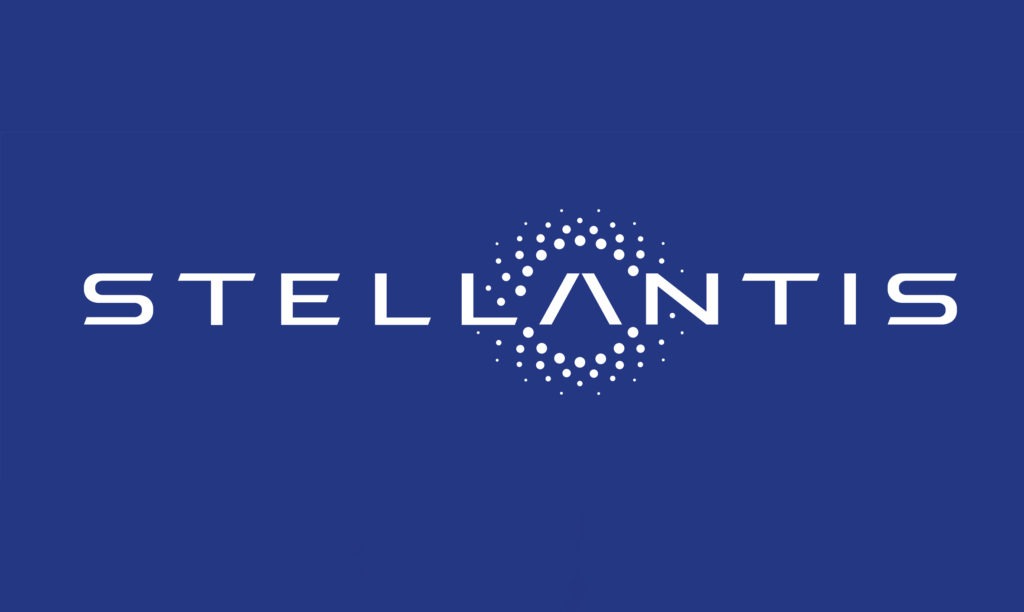Stellantis to leave ACEA and set up new automotive forum
17 June 2022

Stellantis has confirmed it will leave the European Automobile Manufacturers’ Association (ACEA) by the end of this year. It will instead channel its efforts into a new forum dedicated to the future of mobility.
This will likely result in a serious shake-up for automotive lobbying in Europe. Since Fiat Chrysler Automobiles (FCA) and PSA Group merged to form Stellantis in January 2021, the carmaker has occupied a large portion of the market. With the exit of this sizeable member, ACEA may find its influence somewhat diminished.
Bringing experts together
Stellantis will leave ACEA at the end of 2022, focusing instead on its new Freedom of Mobility Forum. With a launch planned for early 2023, the yearly open meeting will feature a diverse pool of experts. The forum will be committed to ‘clean, safe, and affordable freedom of mobility’ in the face of global warming.
‘The environmental challenges ahead of us coupled with a rapidly evolving business environment require an efficient, global and inclusive 360-degree approach involving all those who wish to contribute to building sustainable mobility,’ said Carlos Tavares, Stellantis CEO.
Each edition of the forum will host debates on various topics, using a particular set of principles. This means it will look globally, using facts to drive insights, while operating with public transparency and respect. Further details are expected at a later date.
‘We intend to create a public forum in which contributors can come together to address the key questions surrounding the debate on decarbonised mobility and provide actionable next steps for us to take together. Access to clean, safe and affordable mobility for the citizens across the world is at stake,’ Tavares added.
The Stellantis CEO held the influential position of ACEA president in 2018 and 2019, which is now occupied by BMW’s Oliver Zipse. But how Stellantis interacts with the association in the years to come appears to be an ongoing discussion.
Autovista24 asked a Stellantis spokesperson whether the carmaker will continue to send registration figures to ACEA after leaving. They said, ‘Stellantis’ exit from ACEA will only be effective at the end of the year. This point will be further discussed with ACEA through the following months.’
The spokesperson was also asked whether ACEA’s influence will be diminished without the presence of Stellantis. ‘Our intention is not to damage ACEA, but to focus our efforts on Stellantis’ strategic plan and tackling global warming,’ they said. ‘We consider that it is important to contribute to the debate on emissions-free mobility worldwide.’
Automotive association adrift?
ACEA was founded in 1991 by 15 automotive giants including BMW, Daimler, Ford, Porsche, Renault, Volkswagen (VW), and Volvo. Fiat was also a founding member and only a few years prior, in 1986, took the crown as Europe’s largest carmaker after purchasing Alfa Romeo.
Following a turbulent 28 years, Fiat merged into FCA, later becoming one-half of Stellantis in 2021, together with PSA Group. Now the leviathan company oversees some 14 brands, including Fiat, Chrysler, Citroën, Opel, Peugeot, Maserati, and Alfa Romeo. So as the offspring of a founding member commits to leaving ACEA, where does this leave the association?
According to ACEA’s latest registration figures, Stellantis now occupies the second-largest share of Western Europe’s new passenger-car market. In what can only be described as a two-horse race, Stellantis captured 20.3% of the market between January and May this year, while VW Group pulled ahead with 23.9%. The next nearest contender was Hyundai Group with 9.4%, demonstrating the clear lead VW Group and Stellantis command.
So, the association will have to represent the industry’s interests without the backing of one of its largest companies. Autovista24 approached ACEA for comment, however, it did not respond prior to publication. VW Group and Renault Group were asked about their positions within the association, but neither provided a comment. ACEA will have its work cut out, given the number of sector-defining events currently underway. Legislators and consumers across the world are demanding a transition to cleaner mobility, meaning carmakers must leave behind profitable internal-combustion engines (ICEs) and make serious investments in electromobility and other cleaner options. Then there are supply shortages to contend with, which have been exacerbated by the war in Ukraine.



